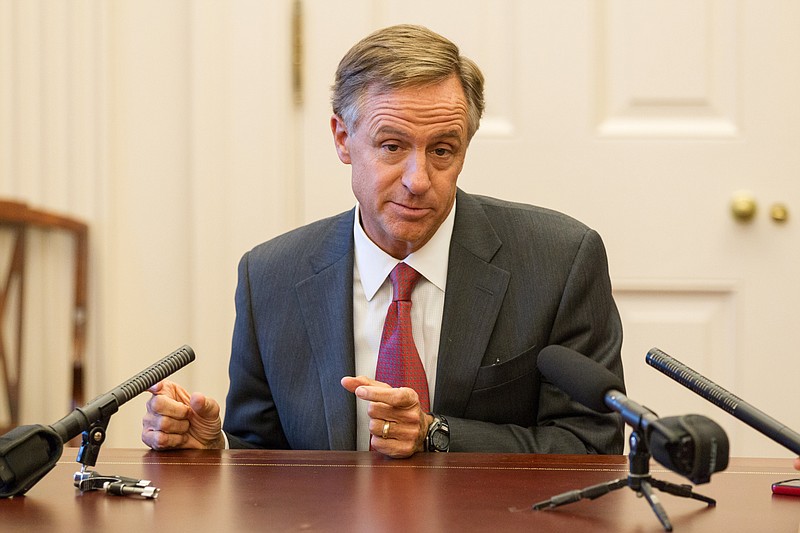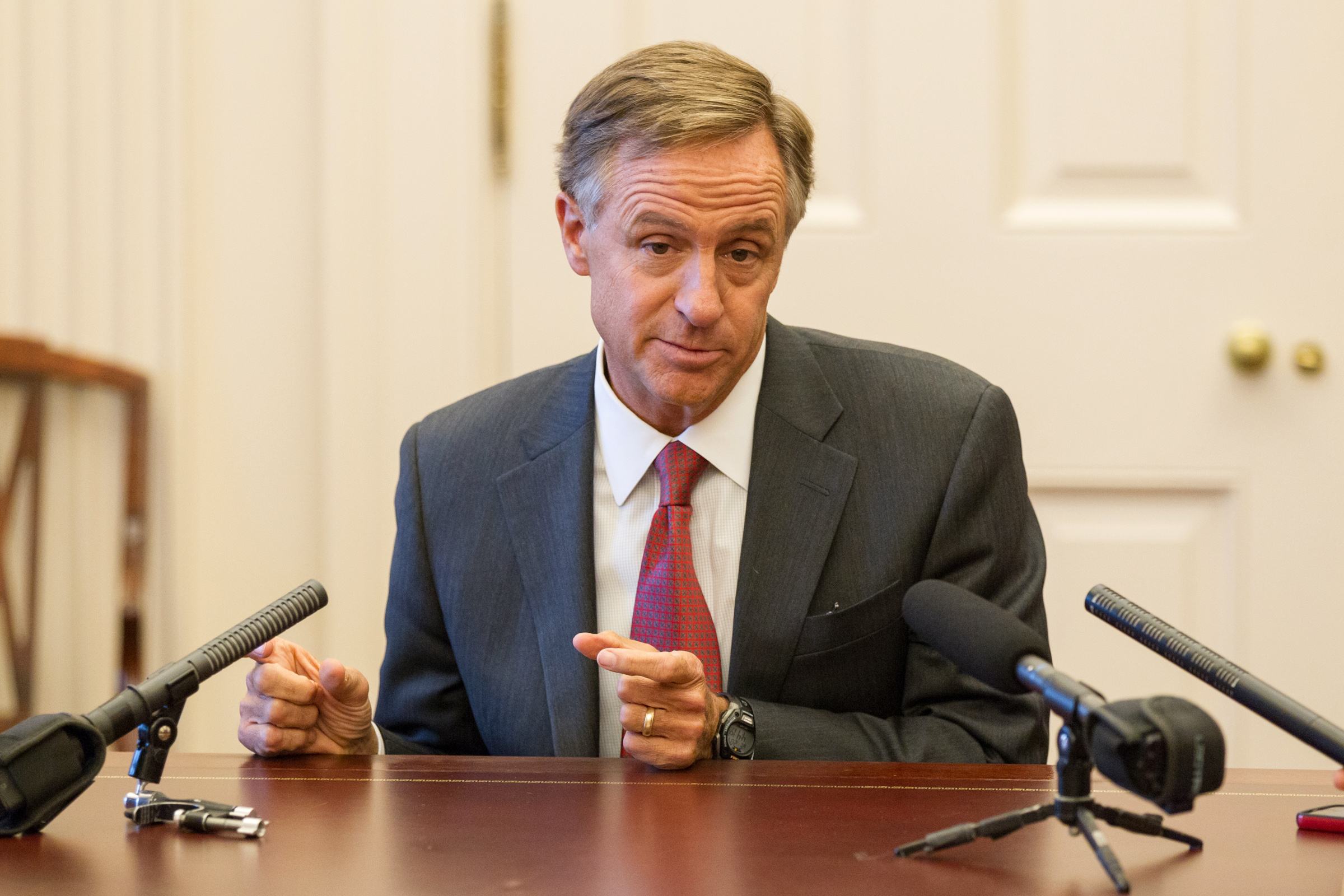Read more
Majority of plan's killers 'hypocritical'
To national Medicaid reform experts, the plan showed plenty of credentials to pass conservative muster: A popular Republican governor - the president of the Republican Governor's Association - backed it. Hospitals promised to pick up the tab once federal government reduced its funding. "Market-driven" mechanics, like premiums and health-based incentives, were built into the plan. The business community gave it a hearty endorsement. And there was the fact that more than 280,000 low-income Tennesseans stood to gain health coverage at no additional state expense.
But what happened on Wednesday, with the plan failing 7 to 4 in a subcommittee, is a cautionary tale to other governors trying to accomplish expansion in their states, experts said on Thursday.
"The governor's homework was done," said Judy Solomon, vice president for health policy at the Center on Budget and Policy Priorities. "This just shows that even when the governor decides to negotiate and come up with a plan he can get through, it's not clear sailing."
Tennessee is the first state to see lawmakers shoot down a Republican governor-led plan for expansion, said Adam Searing, senior research fellow at Georgetown University Center for Children and Families.
"It may be easy to think that when your party controls both houses and your plan is supported by providers and the business community and faith groups, that this should be a slam dunk," Searing said. "But this shows it's really not."
In Nashville on Thursday, Haslam told the Tennessee Press Association he still felt that given the plan's buildup and wide support, it was "extraordinary" it didn't even survive committee.
"If you had told a political science class 10 years ago, 'Here's the situation,' they'd tell you, 'You'd get that done easy,'" he said. "The reality is we did not move the needle."
Since the Affordable Care Act was enacted, 28 states have opted to expand Medicaid, including 10 with GOP governors. A handful of other Republican-led states are considering expansion. In Utah and Wyoming, Republican governors are currently trying to persuade their legislatures to pass expansion models.
The failure of Insure Tennessee shows how fiercely political the battle for expansion can be, Searing said. No matter how much work goes into making the plan conservative-friendly, many lawmakers are coming from districts where any connection to Obamacare could see them booted out of office.
"I think we see a classic pragmatism versus politics debate here," Searing said. "To explain the ins and outs of the program and the fact that it comes at no cost to the state takes about five minutes. It takes about 30 seconds for a competitor to mention Obamacare in a campaign ad."
Haslam said he still believes Republican primary voters support Insure Tennessee, but that the issue was more of an ideological lightning rod than even he expected.
"We actually had polls showing this, that the people of Tennessee, even Republicans, even regular Fox News viewers, people who describe themselves as tea party - those folks were in favor of this plan," Haslam said.
Ultimately, Haslam said, lawmakers' distrust of the federal government "was so much bigger than I thought."
Searing suggested the governor likely needed more time for lawmakers to become familiar with the plan. Haslam only announced it Dec. 15, and the special session to debate it was just a week long.
In Utah, Searing said, lawmakers plan to use the whole legislative session to evaluate expansion.
While Haslam acknowledged that the timing of the Center for Medicare and Medicaid Services' approval, just months before General Assembly, "hurt us," he also said it was "no secret" to lawmakers that he was trying to hammer out a deal.
The proposal is not likely to resurface during the regular legislative session.
"I would love it to, because the problem hasn't gone away," Haslam said. But "something would have to be different, basically out of the legislative will, to make us do it this year."
While lawmakers have pushed him to get more concessions from the federal government, Haslam said that is doubtful, considering all that has gone into two years of negotiations. The TennCare staff put in "thousands of hours," Haslam said, and he himself is now "embarrassed how many times I called [U.S. Department of Health and Human Services Secretary Sylvia Burwell] on her cellphone at night when she was putting her kids in bed," trying to work out details.
While Tennessee's plan may be dead for now, Searing said he believes the number of red states that decide to expand Medicaid is still an upward trend.
"You see more of these [expansion] coming plans from conservative states," he said. "We didn't have plans nine months ago. But now we have blueprints."
Contact staff writer Kate Belz at kbelz@times freepress.com or 423-757-6673. Contact staff writer Andy Sher at asher@timesfreepress.com or 615-255-0550.

